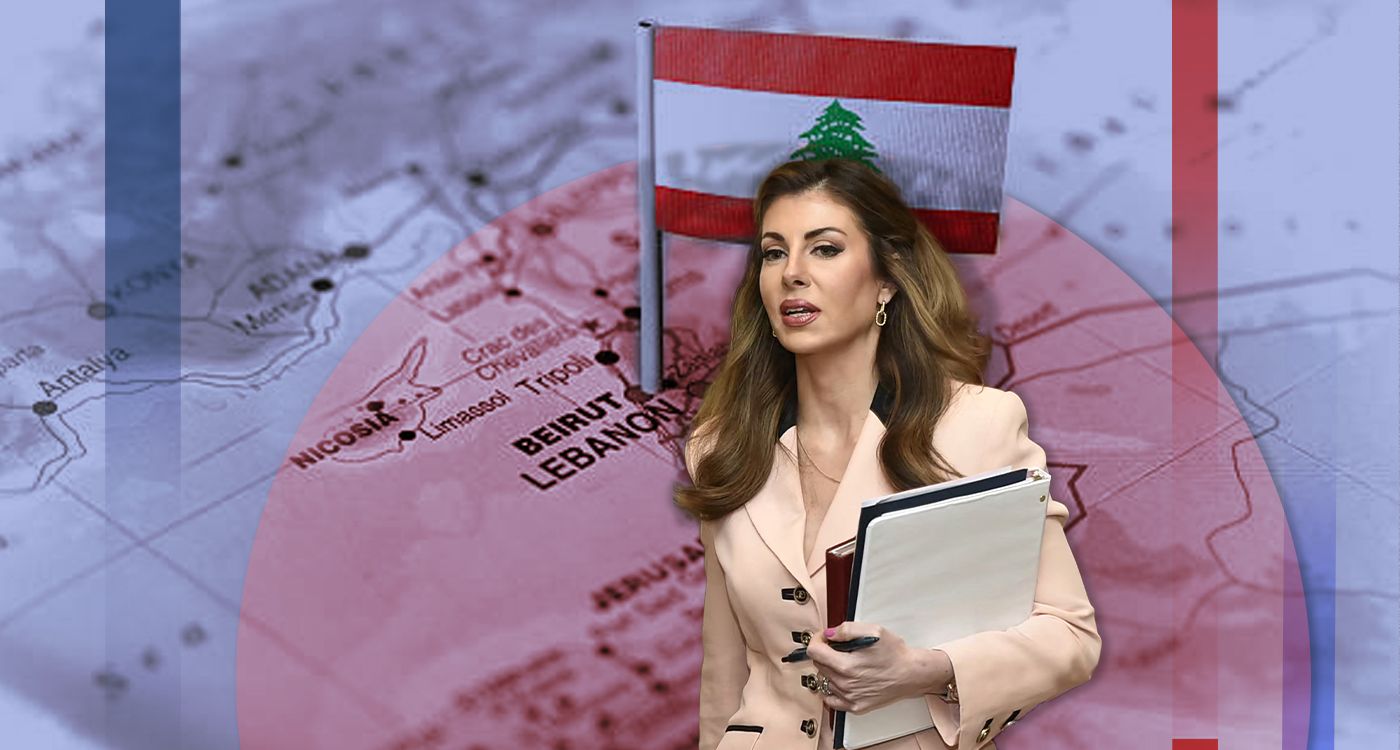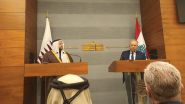
Morgan Ortagus arrives in Beirut, exuding both elegance and diplomatic poise, with a hairstyle and presence that radiate charm and beauty. As a US presidential special envoy, she stands out in the context of Lebanese politics. Yet, in essence, she remains no different from her predecessors throughout Lebanon’s history, despite the distinct outward differences.
Morgan Ortagus addresses the Lebanese issue from the perspective that the region has entered the Israeli era, following Israel's decisive defeat of all resistance groups. As the normalization process with Arab countries progresses, the region requires a strong mediator, capable of resolving conflicts and ensuring a peaceful transition to this new phase. That mediator is none other than the United States which, after Trump closed the door on the Ukraine conflict, has found a new opening in the Middle East, with Russia’s tacit approval.
The issue does not lie with the often-praised US role, as it accomplishes what many parties in Lebanon are unable to, particularly in terms of expediting the disarmament of Hezbollah and all militias on Lebanese soil, pushing for financial and economic reforms and striving to restore the authority of the state as outlined in the president's inaugural speech.
The real issue is that throughout its hundred-year history, Lebanon has only been able to exist under some form of guardianship due to two main reasons that will be explored in this article. This guardianship has shifted over time—from General Gouraud to General Spears, from Gamal Abdel Nasser to Yasser Arafat, from Dean Brown to Ariel Sharon, from Richard Murphy to Hafez al-Assad and his representatives, such as Ghazi Kanaan and Rustom Ghazali, followed by Bashar al-Assad, then Jeffrey Feltman and Condoleezza Rice, up to the Emir of Qatar, Hamad bin Jassim. Today, it is embodied by Iranian guardianship, which began with Mahmoud Ahmadinejad and continues to this day.
Throughout these phases, various names of Saudi and French envoys have emerged, starting with France’s key role as the historical protector of the Maronite community in Lebanon since the Mutasarrifate, all the way to Saudi Arabia, the primary guardian of the Sunni community.
The various roles and special envoys involved highlight the fundamental reason behind Lebanon's multiple guardianships: the inability to establish self-rule, stemming from the belief that Near Eastern societies are ill-suited for democracy and prone to militarism and coups. It is often argued that Near Eastern peoples are excessively emotional, which explains their approach to various issues—favoring responses that are more attuned to psychological realities rather than grounded in rational, structured frameworks.
When we factor in sectarianism and the concerns of the various communities in a region historically shaped by the fears of minorities, we arrive at the second chapter in the ongoing saga of envoys, emissaries and ambassadors. Since 1840, Lebanon seems to have been caught in a perpetual cycle of incoming and outgoing representatives, addressing its most pressing issues solely in response to the international viewpoints on each project.
Morgan Ortagus is unlikely to be the last to take on such a role. The future of democracy in the Middle East depends on the political maturity of its people and their ability to overcome deeply rooted fears. Only then can they rise above recurring crises and aspire to live in peace, free from external guardianship. Still, meaningful change is neither swift nor assured. The ongoing stream of envoys primarily serves the interests of major powers, offering local political actors the assurances and guarantees they seek.



Comments